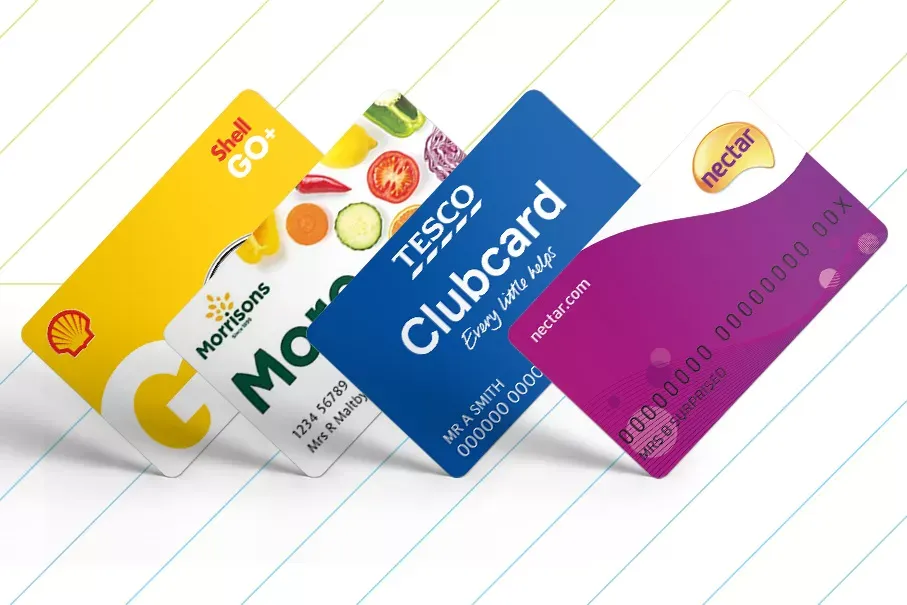
One of the most popular questions many drivers ask themselves when the colder months start is, ‘should I change my tyres?’ Many people ponder whether they should buy all-season tyres or winter tyres for their car, and deliberate which option would be better. This all depends on various factors, which is why this article will explore the benefits of each type to help you decide.
Your location
Different countries have different regulations when it comes to winter tyres. Some countries make it mandatory due to the road conditions when the temperature falls, whereas, in others, it’s only recommended.
In the UK, winter tyres aren’t necessary because the temperature is fairly mild. However, since the UK does occasionally experience harsh weather, owning winter tyres may not be a bad idea, as you swap between all-season and winter tyres when appropriate.
Your local weather
Winter tyres are made from high silica rubber compounds with a tread pattern designed to remain flexible in cold climates (below 7ºC), providing drivers with the best protection in snow and ice. Therefore, if you live towards the north of the UK where you may experience colder conditions than the south, owning winter tyres may be beneficial.
Your average annual mileage
If you don’t drive very often or don’t live somewhere where the winter conditions are too extreme, then winter tyres may not warrant the additional cost. All-season tyres avoid the hassle and extra cost of having to swap tyres twice a year.
Weighing up the pros and cons
So, what are the pros and cons of all-season and winter tyres?
- Only all-season tyres can be used throughout the year, winter tyres cannot.
- All-season tyres work better on wintry roads than summer tyres do, but they are not as efficient in snow and ice as winter tyres are. Whereas, winter tyres are specifically designed for snow, ice and cold roads, which provides you with better protection whilst driving.
- Swapping tyres multiple times each year can be costly. With all-season tyres, you don’t have to swap as the weather changes.
- All-season tyres won’t outperform seasonal tyres, as winter and summer tyres are designed for specific conditions.
The difference between all-season and winter tyres
All-season tyres have a harder compound than winter tyres. This is what makes them less prone to wear than winter tyres and they are more durable, but they are softer than summer tyres, so they can endure winter conditions. When the temperature drops the compound hardens quicker than winter tyres, which gives it less flexibility. Therefore, when driving with all-season tyres, you may experience longer braking distances when driving in extreme conditions, but they remain very effective in light snow and average temperatures.
On the other hand, winter tyres can undergo temperatures below 7ºC. This is because even in colder climates, they remain supple. With this being said, in temperatures over 7ºC, they soften, so they cannot be used during warm conditions, as they are no longer safe to use. As winter tyres grip better on snow and ice, it makes them seem louder than all-season or summer tyres.
Due to their supple nature, they are also quicker to wear down, particularly when used incorrectly. However, for drivers who live in areas with a lot of snow or mountainous areas, winter tyres are a better option.
All-season tyres tend to have a longer braking distance than summer tyres on dry and wet ground, but the braking distance is considerably shorter than winter tyres. On the flip side, even though all-season tyres brake well on snow, they are still considerably less effective than winter tyres. Winter tyres do have a shorter braking distance in the snow than all-season tyres.
No matter the type of tyres you use, one of the most important things is that you keep them inflated properly. Underinflated tyres can increase fuel consumption between 0.6% and 3%. If your tyres are underinflated, you may notice more fuel being used on journeys. With the high fuel prices, no one wants to take more trips to the fuel station than necessary, so it’s important to minimise you’re spending where possible by maintaining the optimum tyre pressure.
Further savings for your car
Why not further your savings with a business fuel card or a fuelGenie+ card? A fuel card enables you to receive further savings when filling up at a supermarket or most Shell fuel stations, which is important in today’s economic climate. fuelGenie has many long-term partnerships with supermarkets that offer great value fuel when they make a purchase with our fuel cards, as you get to save money.
Want to save money on your business’ fuel costs? Apply today for your new fuel card to start saving.


